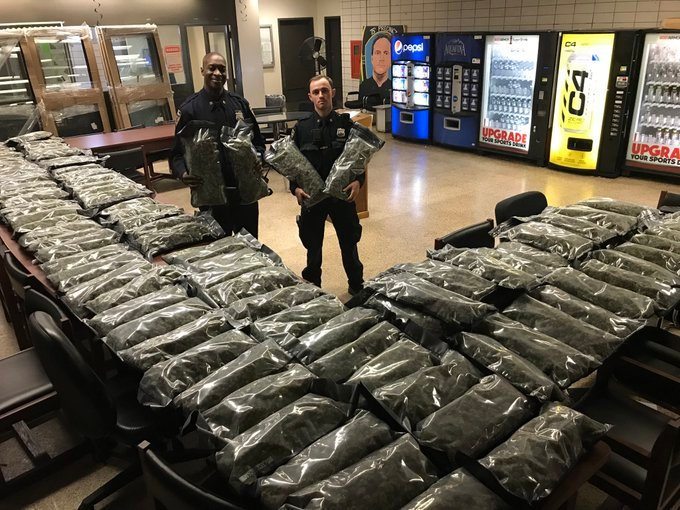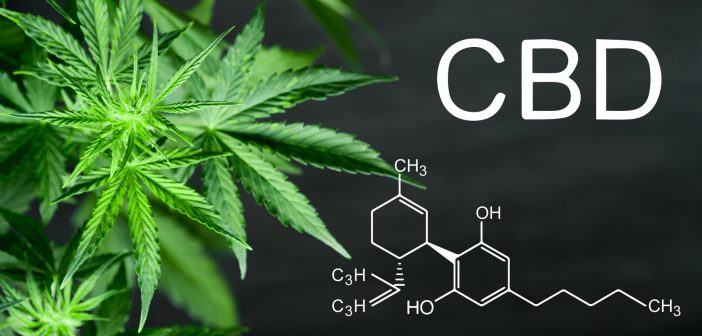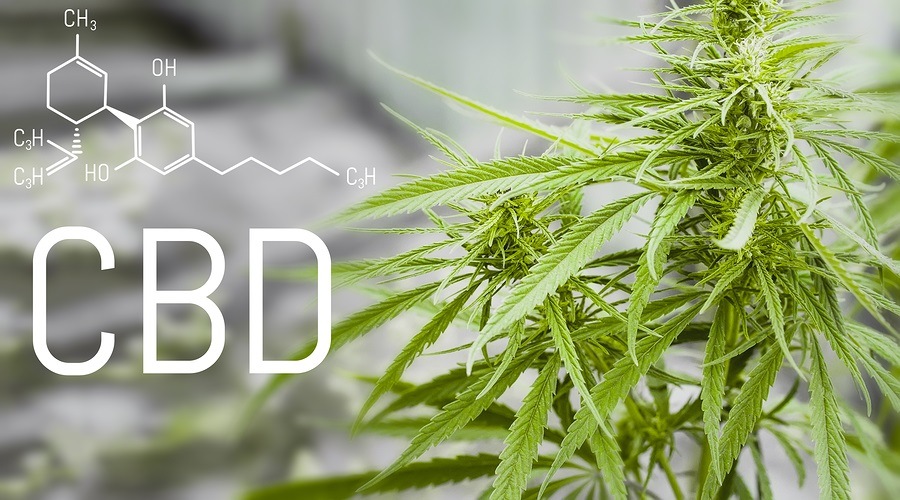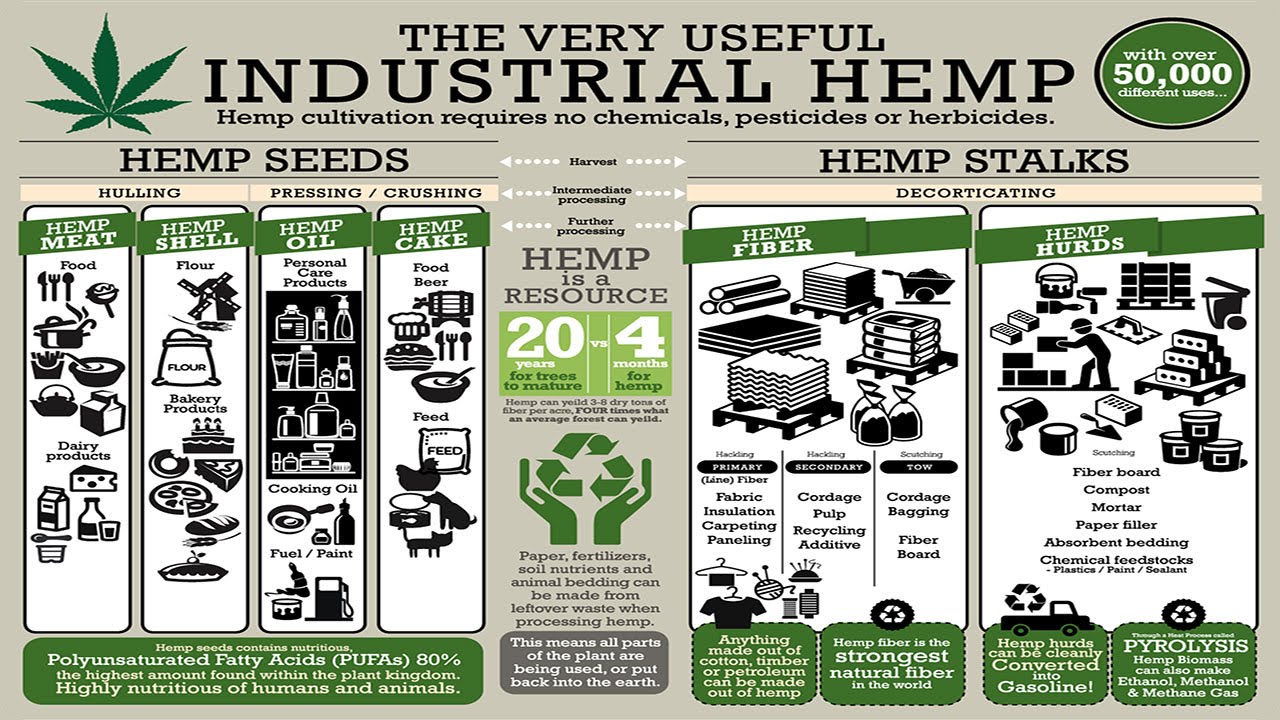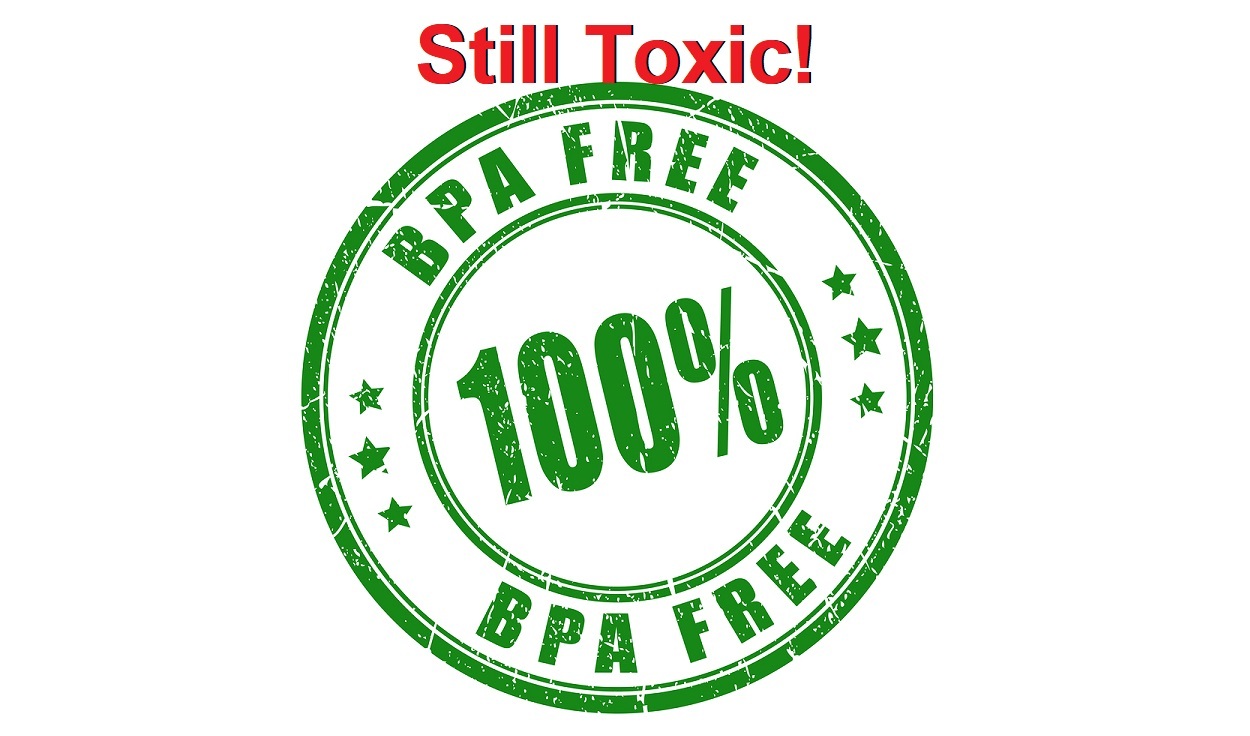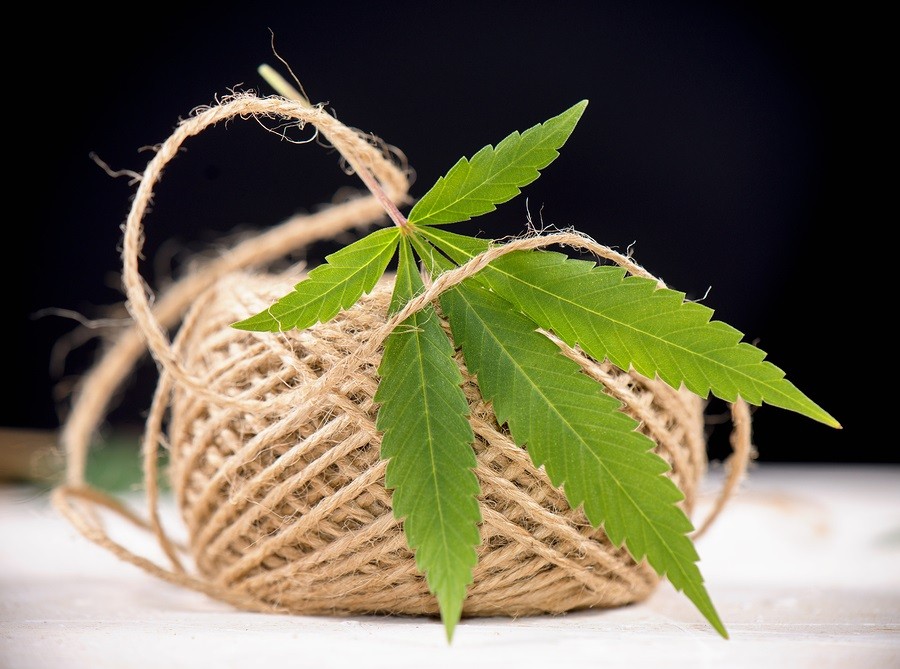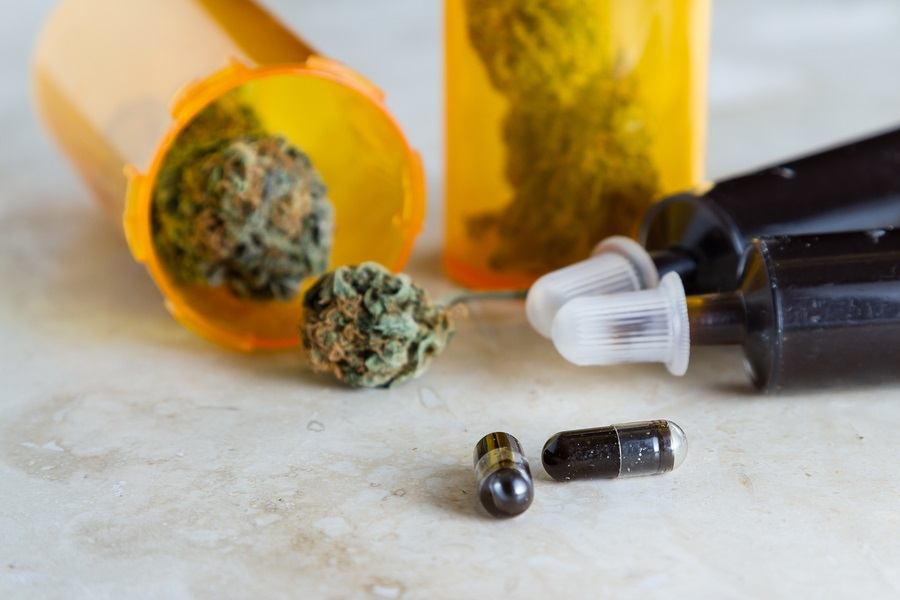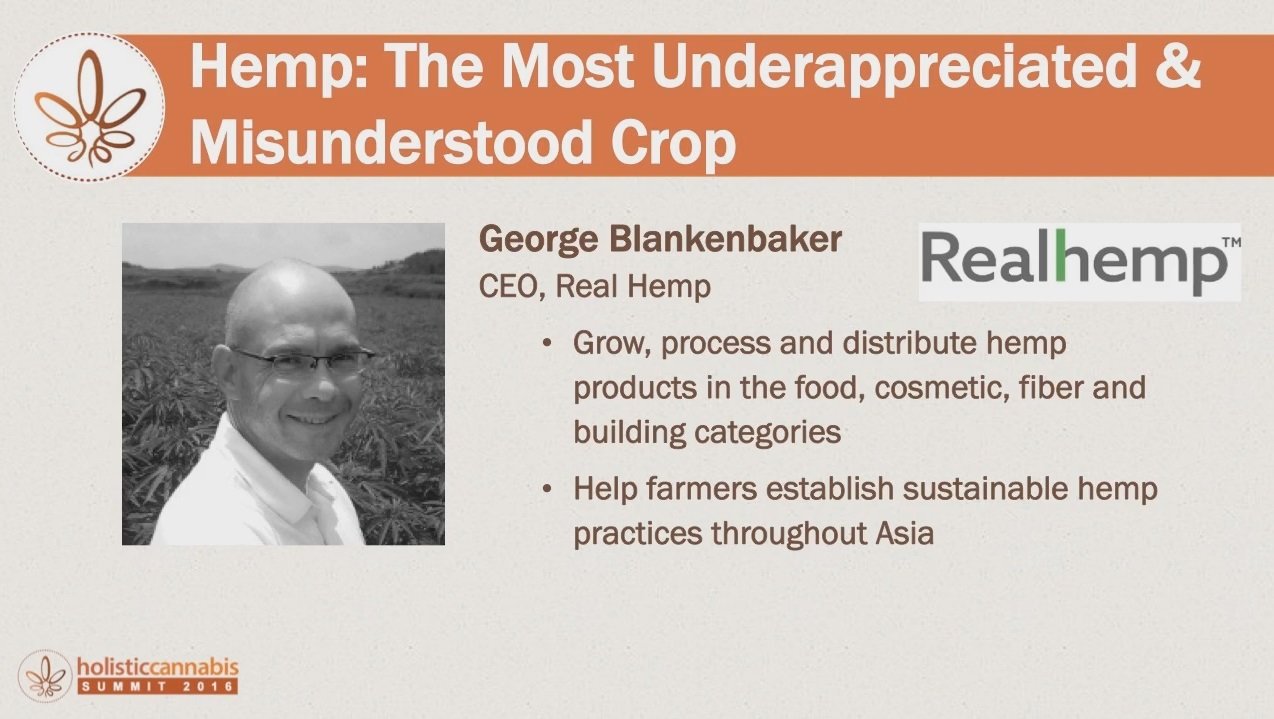NYPD Seizes 100 lbs. of Legal Organic Hemp Grown in Vermont from FedEx Vehicle – Claim Big Drug Bust
Hemp, the non-psychoactive cousin of marijuana that has been legal for sale in the U.S. for many years, and was recently given clearance to now be grown in the U.S. also after the passage of the last Farm Bill, was recently seized by New York police from a FedEx truck where it was bound for a shop that makes CBD products used by millions of people for things like pain management. The 106 lbs. seized by NYPD was certified organic and a very high quality variety, and its seizure could put the Vermont growers out of business, as its value was over $17,000.00.




